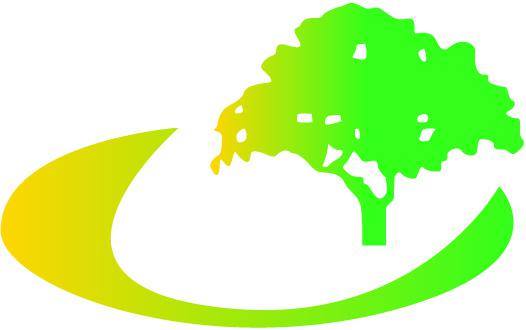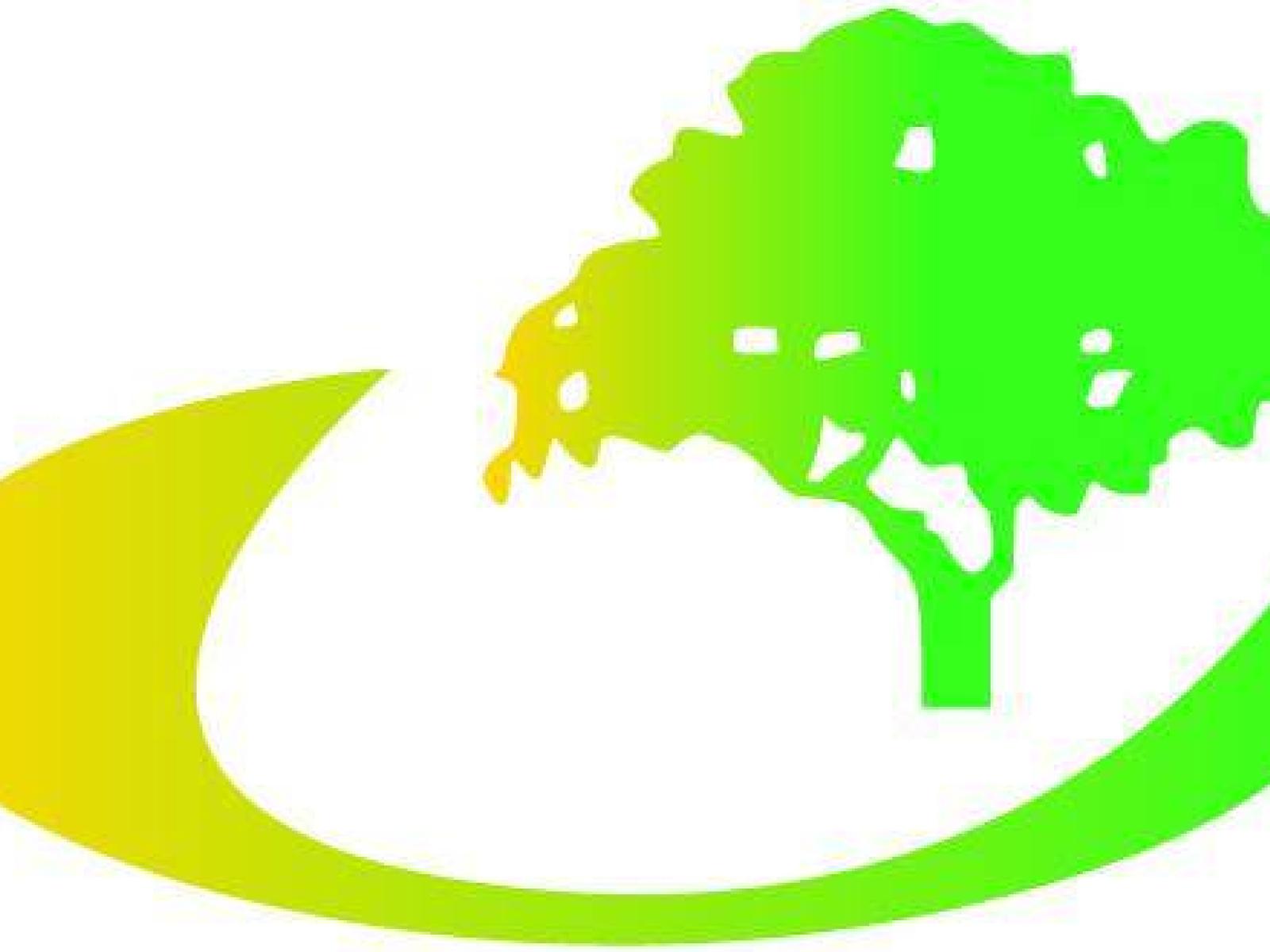An Overview Of Our Solution
- Population Impacted:
- Continent: Africa
Organization type
Population impacted
Size of agricultural area
Production quantity
People employed
Describe your solution
Describe your implementation
External connections
What is the environmental or ecological challenge you are targeting with your solution?
Describe the context in which you are operating
The village, initially without access to electricity and drinking water, is now connected to the electricity grid, has three water fountains, and has become a known rural tourism destination of the region.
The 60 families, who lived in a precarious situation, are now autonomous and have stable sources of income (a family can earn up to $ 60 in a single day). These economic spillovers have slowed down the rural exodus which threatened the socio-economic stability of the village. Young people are very interested in the dynamics of development created, and are fully committed to the green jobs created.
The village is no longer enclaved spatially. Visitors from the main neighboring towns travel regularly to visit the village. Similarly, the villagers move to Rabat to sell their organic products.
The projects have created income-generating activities for women, initially financially dependent on their husbands and fathers. Women have been grouped together in a cooperative for the promotion of organic agricultural products and artisanal products. The empowerment of women has also been physical, thanks to their regular trips to Rabat and Casablanca, alone, to sell their agricultural products directly to the end customers. Women have become a stakeholder in all sectors of activity, and are consulted in the public decisions.
How did you impact natural resource use and greenhouse gas emissions?
Language(s)
Social/Community
Water
Food Security/Nutrition
Economic/Sustainable Development
Climate
Sustainability
The 60 families, who lived in a precarious situation, are now autonomous and have stable sources of income (a family can earn up to $ 60 in a single day). These economic spillovers have slowed down the rural exodus which threatened the socio-economic stability of the village.
The villagers are currently self-sufficient and reinvest their profits in the expansion of their activities. The financial and technical contribution of development actors accelerate the emergence of the desired results.
Return on investment
Entrant Image

